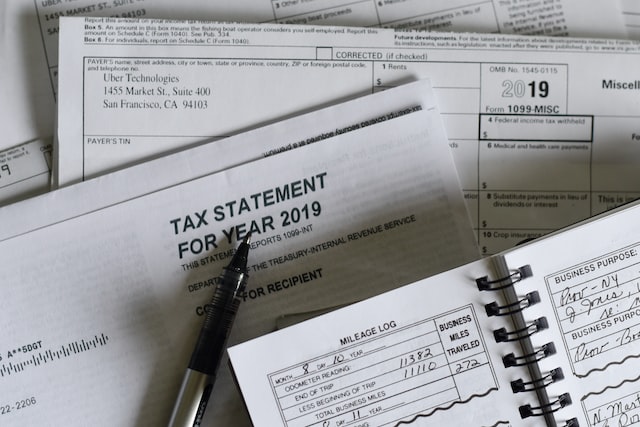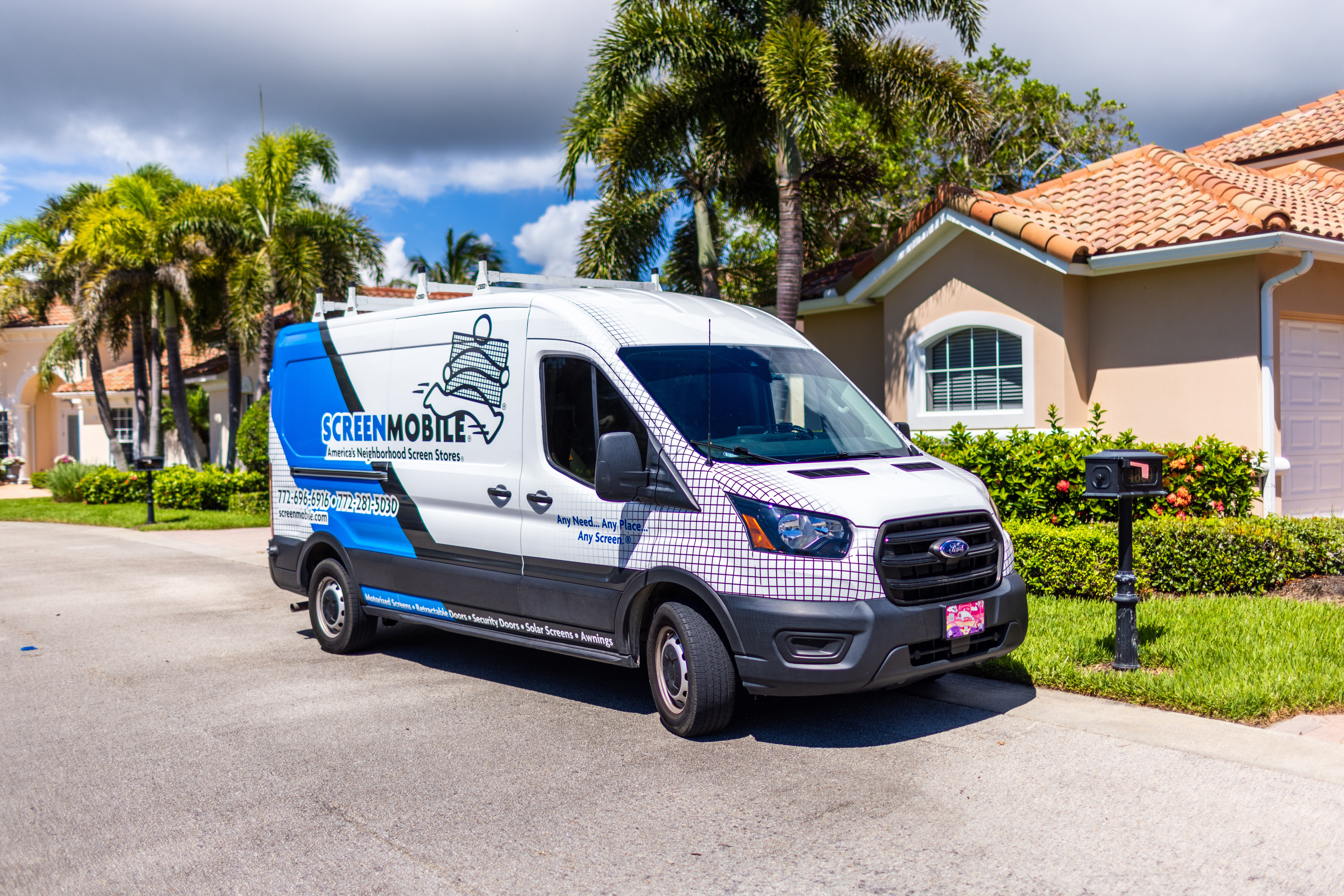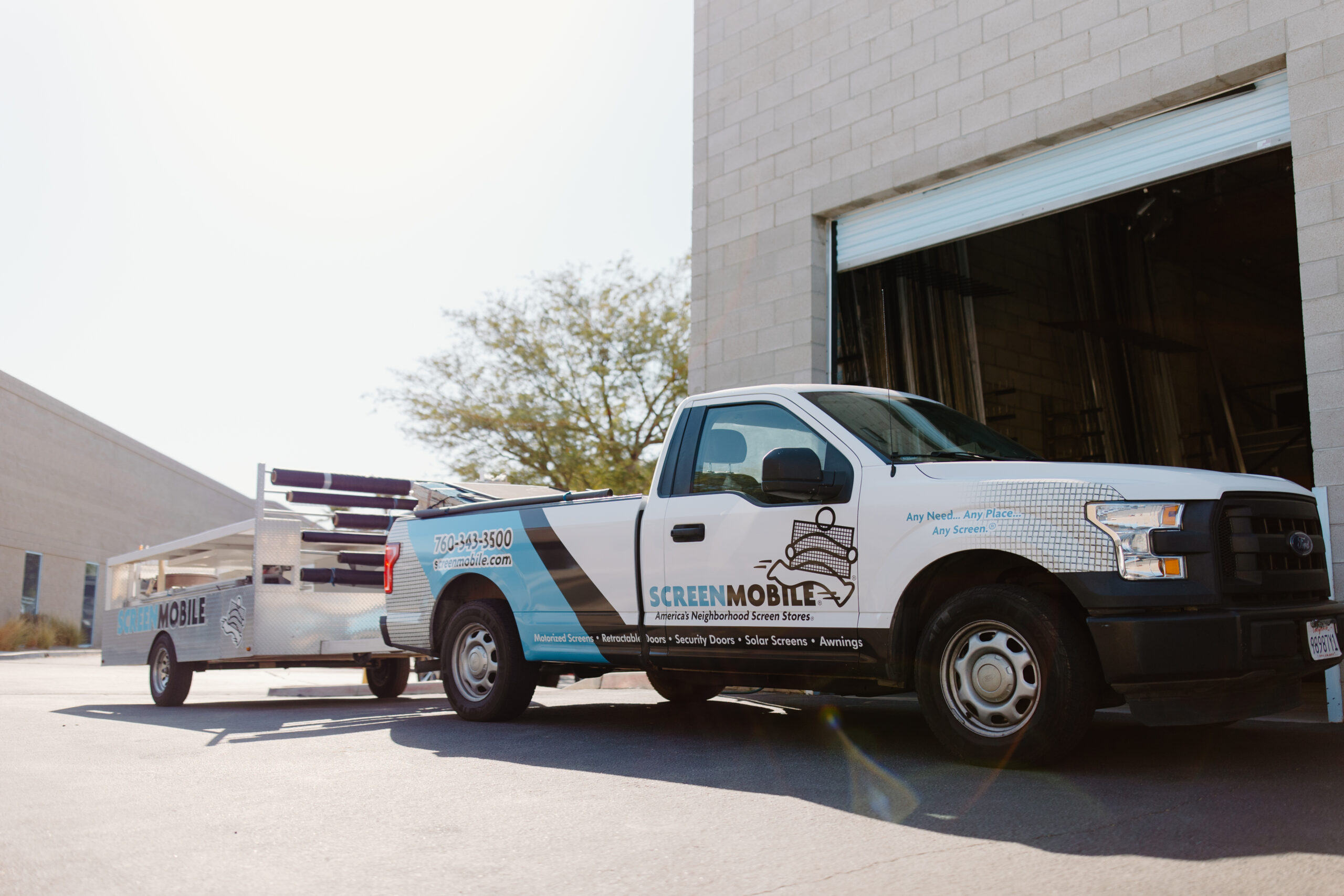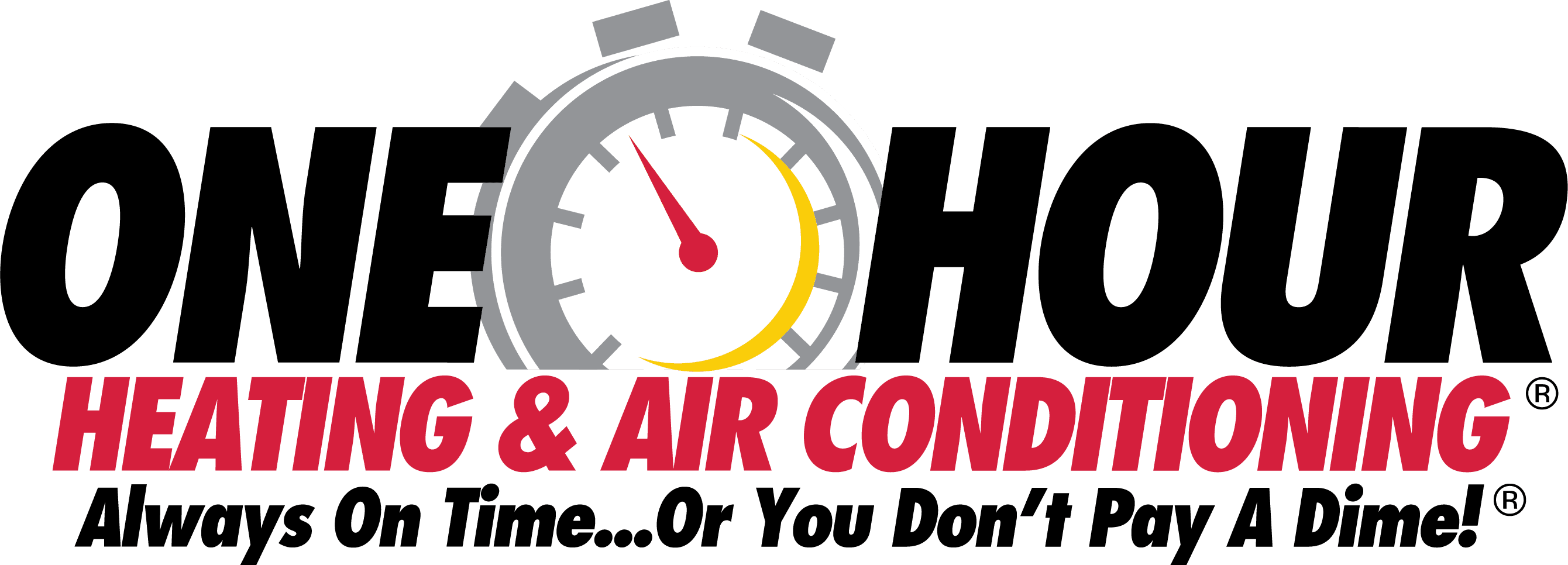
Tax Advantages of Business Ownership
September 22, 2022

Owning your own business brings with it many advantages. You get to take control of the decision-making, the direction of the business, how it’s presented and also what your schedule looks like so you can do more of the things that matter to you. Another of the most significant upsides of business ownership is the tax deductions you can receive for a wide number of reasons.
These tax advantages of owning a business can make a huge difference to your take-home income and allow you to invest even further in growing your business and making it a success. This sole proprietorship, over being an employee, gives you greater flexibility in planning and offsetting taxes over a number of years to ensure you maximize your post-tax earnings.
Here we’ll take a look at some of the biggest tax advantages of owning a business you can apply for.
10 Tax Advantages of Owning a Business
1. Loan Interest
The interest you pay on financing for your business is fully tax deductible. This can make a significant difference for the many people who take out a loan to launch their new business as it makes the loan ‘free’ in the sense that you will only have to pay back the original principle borrowed.
2. Depreciation
Depreciation is the lowering of the value of an asset, such as a vehicle or piece of equipment, over time due to wear and tear or becoming outdated. It is a common tax deductible as it appears as a loss in your business accounting. Under the revised Section 179, however, a major small business tax deduction was introduced, which means that, rather than depreciating the value of the asset over a number of years, a business could immediately write off its full value in its year of purchase. This was introduced to encourage greater investment by small businesses.
3. Home Office
There are a number of small business tax advantages you can gain from leveraging property you already have, i.e., your home and having it as a place where you work. These home office deductions include maintenance and repair works as well as the rent for the property. Utility bills are also deductible if you have a home office, but you will have to apply a percentage system that calculates the size of your home office compared to your home and then apply that percentage to your electricity, water or other utilities.
Ready to Learn More?
4. Salaries and Benefits
The wages you pay to your staff are a completely deductible business expenses and one of the best tax advantages of owning a business. These expenses can include the bonuses, insurance and education or training that your staff go through. Again the idea is to make it easier for small businesses to expand and take on the extra costs of business you can deduct.
5. Startup Costs
The initial costs it takes to get your business up and running, which can include the franchise fees paid to a franchisor. Up to $5,000 can be written off from these in the first year, and then all the rest of the business startup costs can be gradually written off over the next 15 years in equal monthly installments. It’s another of the great tax advantages of owning a business that you can employ a number of strategies to maximize your write-offs over a long period to reduce the impact of these costs.
6. Professional Fees
The cost of outside professionals you engage to help you with your business, such as lawyers and accountants, can also be written off as tax deductible. This can be especially important for new businesses starting up as a lot of professional services will be needed to ensure that contracts and business filings are all in order from the start.
7. Marketing
New businesses need marketing to build customer awareness of the products and services they provide, but it’s also an ongoing expense to bring in new business. Fortunately, the tax advantages of owning a business means that these expenses can also be written off, so everything used to market yourself, such as ads or billboards, but also getting things like business cards or vehicle wrap advertising is included.
8. Insurance
The insurance policies that you hold as a small business owner are tax deductible. These include property insurance, liability cover insurance, malpractice insurance, and auto insurance for your vehicles. You can also include the health plan that you, your spouse and your children are on, which can lead to quite a significant deductible.
Get the Support You Need!
9. Taxes
Though it sounds strange, taxes can be used as deductible against your taxes. As a business owner, you will have to pay self-employment tax to cover social security and Medicare contributions. However, the tax advantages of owning a business mean that you can deduct half of these tax expenses from your income tax.
10. Vehicle Expenses
As we’ve mentioned, among the tax advantages of owning a business is that you can write off assets you purchase, such as your work vehicles, against your tax bill. However, you can also claim mileage costs for the time spent driving for work reasons. In 2021 this rate was $0.56/mile, which can work out to be a very significant deductible if you have a mobile business.
Conclusion
Starting a business requires a significant financial outlay and, quite possibly, financing. However, there are also significant financial benefits of having a business rather than being an employee, with one of the biggest being around tax. These tax advantages of owning a business mean that a wide variety of investments and other expenses can be deducted from current and future tax bills, meaning you get to maximize your own income.
If you’re thinking about starting your own business and taking advantage of the many benefits of business ownership, why not consider opening a franchise? Screenmobile has been working in the booming home improvement industry for four decades, and our franchises boast an excellent 99.5% renewal rate. To find out more, you can read about franchising with us here or talk to our team.
Recent News

Meet Nate & Lori Van Tholen: How a Husband & Wife Team Jumped into Entrepreneurship
October 21, 2024

Why Owning a Screenmobile Franchise is a Smart Investment in Home Services
August 26, 2024

Why Screenmobile is a Top Franchise Opportunity
August 12, 2024

Why Screenmobile Makes Sense as an Investment for Veterans
July 22, 2024

Top Questions to Ask a Franchisor When Considering a Franchise Opportunity
July 9, 2024

How Can a Franchise Business Consultant Help Your Business Grow with Screenmobile?
June 25, 2024














